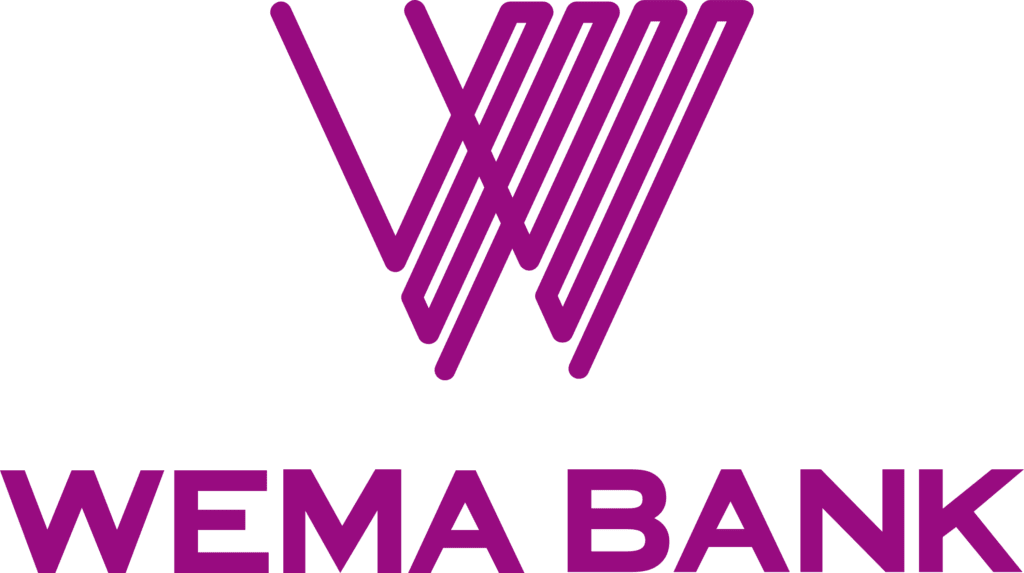By Esther Agbo
One of Nigeria’s oldest indigenous banks, Wema Bank Plc has recorded an impressive growth in its Q2 2024 financial performance.
The bank recorded a remarkable pre-tax profit growth of 270.71 per cent, reaching N19.416 billion.
This impressive figure brings the half-year pre-tax profit to N30.565 billion, a substantial increase from N12.059 billion in the corresponding period last year. This surge is one of the best quarterly performances recorded by the bank.
Key financial indicators reveal the factors behind this strong performance includes interest Income, soared by 79.21per cent year-on-year to N76.647 billion, driven by a significant increase in loans and advances to customers, interest Expense, increased by 62.44per cent to N39.554 billion, reflecting the bank’s cost of funding.
Net Interest Income surged by 101.37per cent to N37.093 billion, underscoring the bank’s efficient management of interest-bearing assets and liabilities.
Net Fees and Commission Income jumped by 152.10per cent to N12.839 billion, bolstered by higher fees from electronic transactions and foreign exchange dealings, FX Revaluation Gain achieved a staggering 1,478.78per cent increase to N6.202 billion, showcasing the bank’s adept handling of foreign currency operations.
These figures contributed to a robust operating income of N54.793 billion, up 124.58per cent year-on-year.
Consequently, the profit after tax climbed 231.13per cent to N16.924 billion, significantly boosting earnings per share to N3.16, a 98.49per cent year-on-year increase.
Cash and Cash equivalents N267.314 billion +21.38per cent.
Total Assets N2.762 trillion +22.87per cent.Customers’ deposits N2.119 trillion +13.89per cent.
Wema Bank’s strategy of expanding its loan book paid off, with loans and advances to customers increasing by 21.57per cent to N973.929 billion.
This growth in lending has been pivotal in driving the increase in interest income, which constituted approximately 61per cent of the bank’s total income for the period.
The bank’s strategic focus on enhancing non-interest income streams, such as fees from electronic and foreign exchange transactions, has further strengthened its financial position.
This strong performance, along with the solid results from Q1, led to a notable half-year profit after tax of N26.595 billion, marking a 153.48per cent increase compared to the same period last year.
The rise in Wema Bank’s interest income can be linked to the revenue generated from loans and advances extended to customers and other banks.
This category of income accounted for approximately 61per cent of the bank’s total interest income. In the first half of 2024, this segment yielded N94.25 billion. During this time, loans and advances to customers surged by around 22per cent, adding N172.825 billion in new lending.
This growth in loans and advances likely played a key role in the notable increase in interest income, bolstering the bank’s overall financial results.
Moreover, gains from foreign exchange (FX) revaluation played a significant role in the strong financial results.
In the second quarter, the bank recorded an FX revaluation gain of N6.202 billion and FX trading income of N1.178 billion, representing year-on-year increases of 1,478.78per cent and 106per cent, respectively.
With a year-to-date share price increase of 9.82per cent, Wema Bank has been one of the best-performing stocks in the banking sector, continuing a strong performance from the previous year, which saw a 44per cent return.
This positive trajectory may attract further investor interest, potentially boosting the bank’s market valuation.
However, the bank faces ongoing challenges, particularly in managing credit risk. The impairment charges on loans and advances rose sharply by 558.37per cent to N4.057 billion in Q2, resulting in a half-year provision of N5.188 billion, up from N904 million in the same period last year.
This increase underscores the heightened risk environment and the need for robust risk management strategies.
Moreover, Wema Bank must navigate new capital requirements, needing approximately N184.87 billion to meet the N200 billion threshold for national banks.
This capital requirement poses a significant challenge as the bank seeks to balance growth with regulatory compliance.

